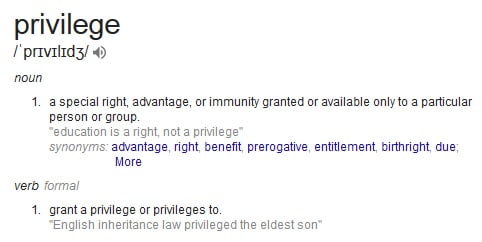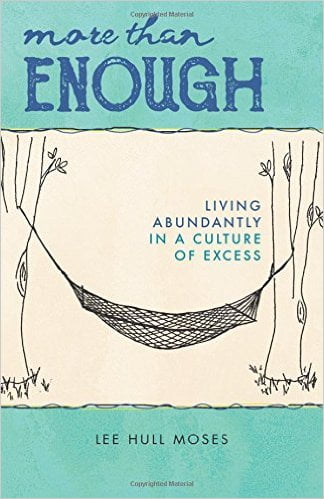 Do you think of yourself as a person of privilege?
Do you think of yourself as a person of privilege?
This is this third in the series of "How do we live in these days?" If you missed last week's post:"Why is my Preacher So Political in the Pulpit?" check it out.
Privilege. Such is a word we're never too far from.
To have an honest conversation about race relations in America is to talk about white privilege's role in the formation of almost everything. White privilege has everything to do with the policies of neighborhoods, policing and schools.
The listing of #firstworldproblems is to discuss privilege. When you hear folks complain social media about the garage door opener not working or the line being too long at the drive through or an IPad malfunctioning (while sitting next to an IPhone and IMac that does) it all goes back to privilege.
And the ever so popular discussion about the value of short-term church mission trips (Should we go and help people in that far away place this year?) is always a conversation about privilege.
Having the space and time for me to write this blog now is a privilege.
So what do we do about it? How do live more awake and inclusive lives?
It's not very cool to admit bias, advantage or much less privilege in this world. (I mean, we are). But who likes to talk about it?
Over the Christmas holidays, I picked up Lee Hull Moses' book, More than Enough: Living  Abundantly in a Culture of Excess.
Abundantly in a Culture of Excess.
What I found in More Than Enough was a conversation partner in wrestling with privilege.
Lee Hull Moses gives us a context for responsible, thoughtful living: her home in Greensboro, NC. She's a wife, a mother and a pastor of a local church. Not that this is everyone's context, but there's a lot to gleam from watching a family being honest about theirs.
We see Lee want to grow her own food in her backyard for environmental reasons (and try!), but find that she's without a green thumb . . .
We see Lee see want to make responsible choices about banking, but struggle with time to actually transfer her accounts to a socially responsible credit union . .
We see Lee want to support those who make a living wage with fair labor practices, but then fight the urge of convenience when sleds for her children are on sale at the big box store . . .
What I most appreciated about the book: Lee's honesty.
Her careful attention to prose helped me be present to her circumstances throughout the book. She shows us a longing to live your values in her weekly shopping only to find that her children just want fast food chicken nuggets!
She shows the desire to advocate for moral causes only to find there's not enough time in the week to do the work she's actually paid to do.
She shows the practice of taking a fun vacation with her husband only to find guilt bubbling over about how the money could be better spend helping the poor.
It's real life. Struggles many of have faced.
So in the spirit of Lee's book, in this one post, I do not have the answers for how to wrestle with your privilege. Or mine. But I do have this advice.
Be honest about your privilege.
For those of who want to do good with our lives. For those of us who know better and want to do better as Maya Angelou would say . . . for those of us who know we could be serving our community in more thoughtful ways.
Start there.
Just say it.
I am a privileged person.
I am a privileged person who didn't make the time to vote.
Or I am a privileged person who bought cheap stuff this week I know came from unregulated factory in China.
Or I am a privileged person who did not recycle though I passed by a big blue recycle bin.
This honesty is not meant to make us feel bad. Or hide in corner feeling judged. No. It's meant to move us forward.
For if there is anything I gleamed from the book, More Than Enough, it is change comes when we try. We can all take baby steps.